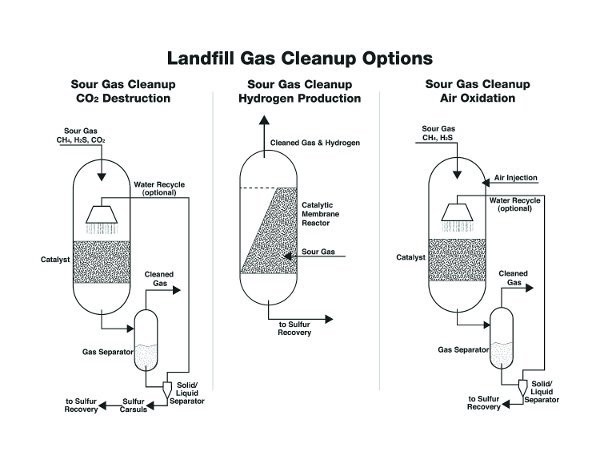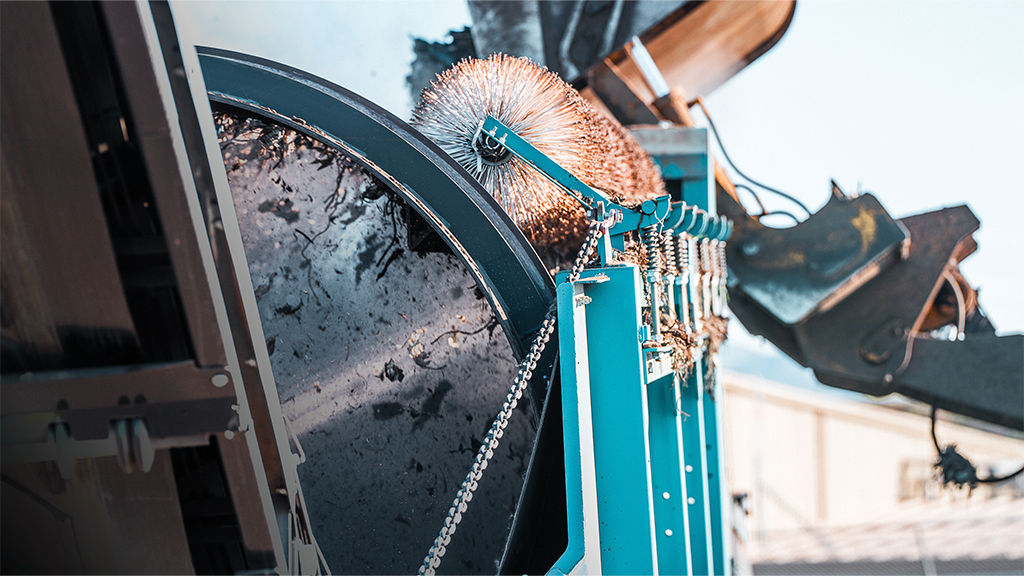
SWAPSOL Corp. recently announced a ‘breakthrough’ technology that the company says may fundamentally alter traditional methods for waste disposal and waste-to-energy operations. The SWAP, a suite of hydrocarbon (HC) processing solutions, is verified to reduce H2S to below detectable limits in a self-sustaining, low-temperature catalytic reaction.
“Landfill gas cleanup may likely be the easiest application of the SWAP to implement quickly. This type of cleanup is expected to experience significant growth in the future as a renewable energy option,” said Wolf Koch, Ph.D., and SWAPSOL’s recently appointed CEO.
“Each landfill is normally a standalone application, close to an urban location, and requires little integration activities with existing processes.”
The SWAP solution can destroy most common HC wastes via a reaction with molten sulphur, H2S and carsuls (a carbon-sulphur polymer), which depends on the HC feed. As landfills accept large quantities of construction and demolition debris along with regular municipal solid waste, they generate increasing amounts of H2S. That H2S may be reacted to generate usable sulphur and hydrogen. Carsuls may be utilized to yield carbon polymer materials, and the sulphur may be used for destruction of additional HC waste.
SWAPSOL says they have experimented with the destruction of most plastics, including PVC and polystyrene, as well as used motor oils and cellulosic materials. Company President Raymond Stenger said the utilization of carsuls presents potential commercial opportunities as building blocks for other materials.
“We’re very excited about applying this technology in the waste management sector,” Stenger said.
SWAPSOL also says that an independent engineering and comparative cost analysis has shown operational costs for the SWAP to be 70 percent lower than traditional (Claus) technology. These scoping analyses will form the blueprint for pilot development, and work is underway to identify potential partners in establishing the first commercial landfill application.
“We look forward to a successful demonstration of the SWAP that will lead to further implementation of the technology within other industries,” Koch said. “We are in talks with natural gas and power industry representatives discussing cooperation toward sour gas and flue gas cleanup.”


